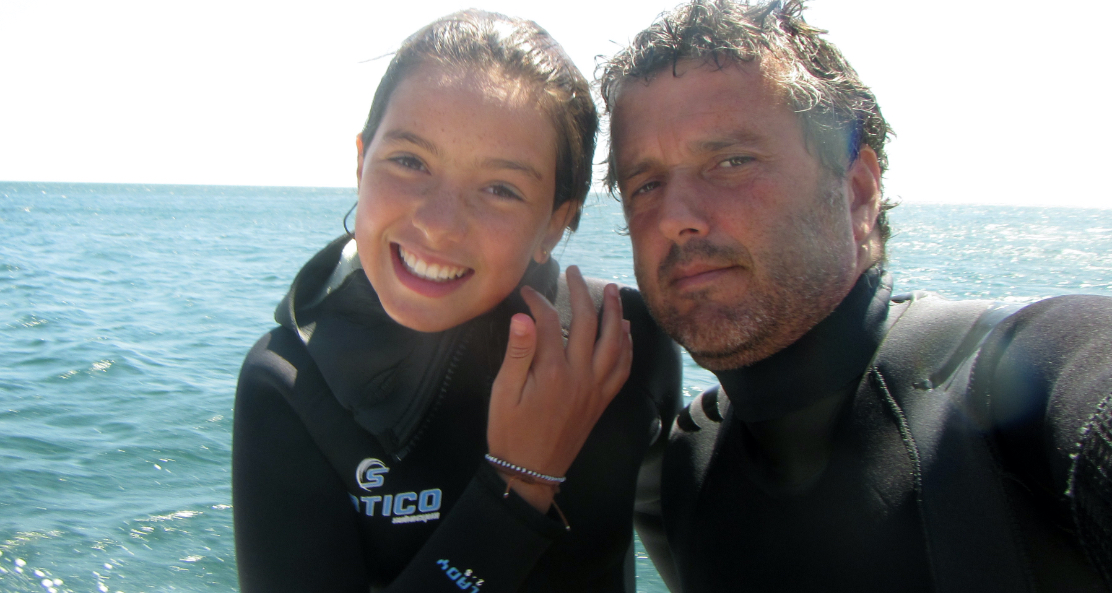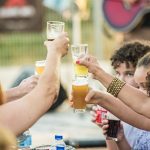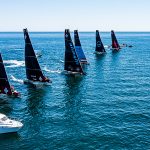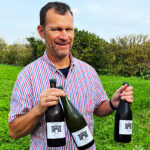Pain is a good thing; it usually is a call to action but sometimes if that pain is left undealt with for six months or more, it will likely result in chronic pain. It is unlikely to ever ‘go away’, it is quite likely to be ‘there for life’.
Dr Pedro Lima, CEO, and Co-Founder of Sea4Us started as a marine biologist, got into bio-medicine and has now combined the two worlds. He started his research at the MBA laboratory in Plymouth and went on to Sheffield to complete a PhD. He moved to Bristol where he completed two post-doctorates and then on to Lisbon and Sagres.
Pedro describes Sea4Us as a biopharmaceutical research and development company focussing on deriving useful and innovative products from the sea; for medical applications with a particular focus on currently unmet clinical needs specifically chronic pain, but also epilepsy, diabetes, cardiac arrhythmia, hypertension, and skin diseases. Sea4Us is a European intellectual network and a spin-off of Nova University of Lisbon.
For many years scientists have looked to tropical forests and other land-bound ecosystems for substances to meet human medical needs. “The sea, however, may contain millions of, as yet, undiscovered organisms, which have are largely untapped,” explains Pedro.
Sea4Us uses their deep knowledge of ionic channels, which are responsible for the electricity of neurons, nerves that are like electrical highways in our bodies. By studying those ionic channel behaviours they address neuronal activity. There are dozens of ionic channel-types; their research is to specifically determine which malfunctioning channel causes amplified activity typical of chronic pain (and other syndromes).
Sea4Us investigates and records marine animal behaviours that trigger scientific inquiry. For example, a shoal of pigfish will eat everything on a reef or in a cave, but in some cases will leave a sponge, anemone or perhaps jellyfish untouched – the question is why? Is there a venom, sting or maybe bacteria that protects that invertebrate? By analysing that creature, in a laboratory, Sea4Us works to determine it’s defence mechanisms and to establish its chemical nature.


Once the unique defence mechanism is determined, the next step is to determine the ‘formula’ of that specific mechanism and to work on replicating that synthetically, replicating it. Once the discovery and all the required research is completed a patent is registered, and preclinical testing begins. When that is completed, the new analgesic is opened to the pharmaceutical industry for further investment to develop the medicinal product.
Pedro goes onto mention that when you look at a sponge – what you see is not what you get. Sponges are filled with bacteria and organisms that inspire inquiry as to their value and possible contribution to the sponge’s defence systems. He also goes on to discuss how traditionally local people have used the sea for many cures, much like herbalists and homoeopaths do on land. This knowledge has not been adequately tapped into – joining tradition with technology brings with it endless opportunity.
Why the sea?
The ocean offers a huge bio-diversity of organisms for scientists to research alternative medicines. By making synthetic copies of these medicines in a laboratory, Sea4Us greatly reduces the requirement to harvest these marine organisms the ocean, largely leaving the marine ecosystems intact.
Sagres is a relatively unspoiled marine environment, allowing research conducted there to be less influenced by non-natural factors. Pedro concludes, “whilst the sea holds the key for discovering and reproducing alternative medicines, mankind has a moral and ethical obligation to keep it sustainable. We must keep it healthy and pollution-free.”













